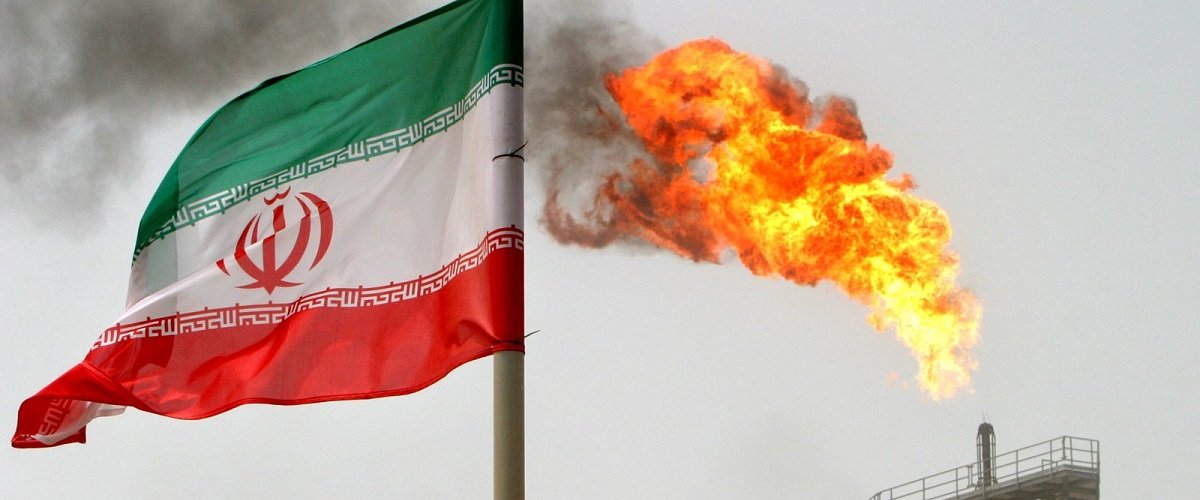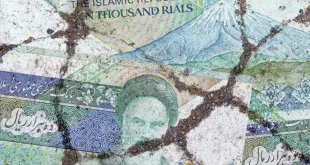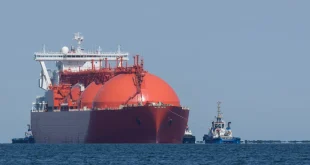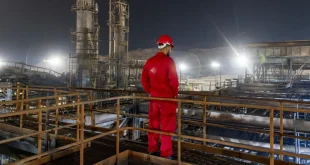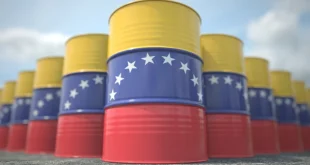The upcoming U.S. presidential election presents a major political challenge for Iran’s economy, especially its energy sector and foreign exchange market. As the geopolitics of energy change, all developments directly impact the foreign policies of energy-producing and consuming countries. In the field of international relations, energy resources are sources of power, which if used properly by governments can lead to social welfare, improve economic conditions, and increase political influence in the region.
Energy has always played an important role in American foreign policy in particular. Due to U.S. sanctions against Iran, Iran’s crude oil exports were between 100,000 and 200,000 barrels per day as of last July. This is a significant decrease from the 2.5 million barrels it exported in April 2018, before the U.S. withdrew from the Joint Comprehensive Plan of Action (JCPOA, commonly known as the Iran nuclear deal) and re-imposed sanctions. Due to not only these sanctions but also the current pandemic, Iran’s oil production in the second quarter of the year fell below two million barrels per day, compared to the average production of 3.553 million barrels per day in 2018. The latest OPEC monthly report states that Iran’s daily crude oil production based on secondary sources is 1,936,000 barrels. As a result of decreased exports, Iran has stored large amounts of oil.
The Future of Iran’s Oil Production Rests in the U.S. Election
The outcome of the U.S. presidential election is an important consideration for predicting the state of the oil market in 2021. Nothing can be predicted about oil markets, especially given the current global economic and health crises, but during a Biden presidency, Iran could play a decisive role in oil prices. It will take some time for Iran to be able to bring its oil barrels to market, but if we expect oil prices to reach $50 to $60 a barrel next year, even one to two million barrels of Iranian oil will be imported. The prospect of negotiating another nuclear deal with Biden is likely to lower oil prices and make Iran a key player in the market. This contrasts sharply with Iran’s role in the Trump administration thus far.
Trump’s re-election as president would mean continuing the current uncertainty and further pumping risk into world politics and economics. In the case of Iran, Trump’s policy for the next four years would be a continuation of that of his first term. For all the same reasons that the negotiations in the first round of Trump’s administration did not take place, we can expect that the negotiations in Trump’s second term will also face challenges. Therefore, if Trump wins, it is unlikely that the current tension between the two countries will change soon.
This means that the U.S. approach of maximum pressure will probably continue with the cross-border clashes between the two countries and, of course, the avoidance of war by both sides. In addition, domestic political rivalries will delay necessary economic decisions, to the detriment of the Iranian economy. Rising liquidity, rising inflation, and the prospect of rising exchange rates will be the only way out. This could be the worst-case scenario for the Iranian economy and the foreign exchange market.
The other possible scenario is Biden’s victory. Contrary to the view that Democrats support high oil prices to encourage alternative energy, they seem to welcome lower oil prices. Iran’s oil sales, which have fallen sharply due to sanctions, may change dramatically with the results of the U.S. presidential election in November. The victory of Joe Biden, the Democratic presidential nominee, could change current forecasts for oil prices next year, and oil markets should not underestimate this political and geopolitical factor, Oil Price wrote, because the Biden government is willing to negotiate with Iran over a nuclear deal and possibly a reduction in current sanctions and oil exports. If Biden wins, Iran could pump oil into the market if it resumes exports of two million barrels a day. According to Helima Croft, “[i]f Biden becomes president, he could basically take the United States back to the nuclear deal with Iran, and we will see millions more barrels of Iranian oil on the market.”
A Biden victory is expected to end “maximum pressure” policy. Since Biden was Obama’s vice president, many expect his approach on many issues, including the Iran nuclear deal, to be close to that of the Obama administration. Therefore, it is not without reason that he explicitly criticized Trump’s withdrawal from the Iran nuclear deal and stated that he would return the U.S. to the deal if he was elected. But the question is: to what extent can Biden’s victory and the return of the United States to JCPOA solve the problems of Iran’s economy, and is a fundamental change in relation to the United States possible? Although the positive effect of a Biden’s victory on the Iranian economy cannot be ignored, in the mid- and long-term, Biden’s election will not have much of a positive effect on the current state of the Iranian economy. A Biden win may mean to Iran domestic and economic stability, especially in the foreign exchange market. However, his win can lead to a recession in particular sectors such as housing and the stock markets since these two sectors have expected future inflation.
The Potential of Oil Requires Foreign Aid and Investments
Facing the weights of sanctions, declining demand, and COVID-19, oil prices are under severe pressure. With the help of the OPEC+ agreement, involving Russia and Saudi Arabia, and their reduction of several million dollars in oil supply, oil prices have reached about $40 per barrel. Recently, the Russian Minister of Energy announced that the normal routine of the oil market in the future will probably need to reduce 5 to 10 million barrels per day from the current level to bring the price of oil to $50-55. Thus, the re-emergence of Iran with the export of about 2 to 2.5 million barrels of oil may mean that this market is faced with another price stroke.
Regardless of who is elected as U.S. president in November, the position of energy exports in Iran’s foreign policy is not redefined, and Iran needs to apply de-escalating foreign policy in order to attract foreign investors to its energy sector. With the election of Biden, the United States may return to JCPOA again, but due to the outbreak of the Coronavirus and the decline in global oil demand, the share of most oil-producing countries in the market has decreased.

